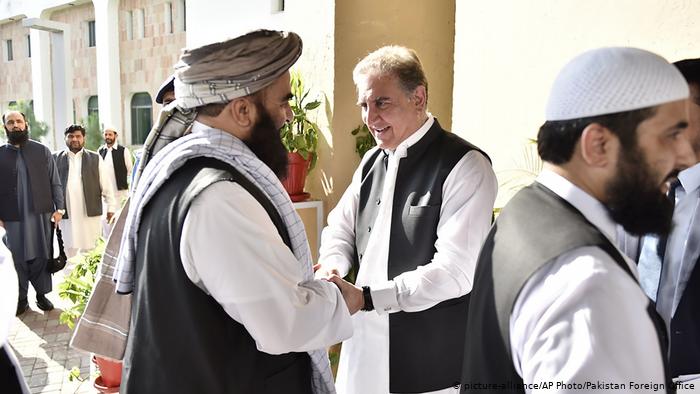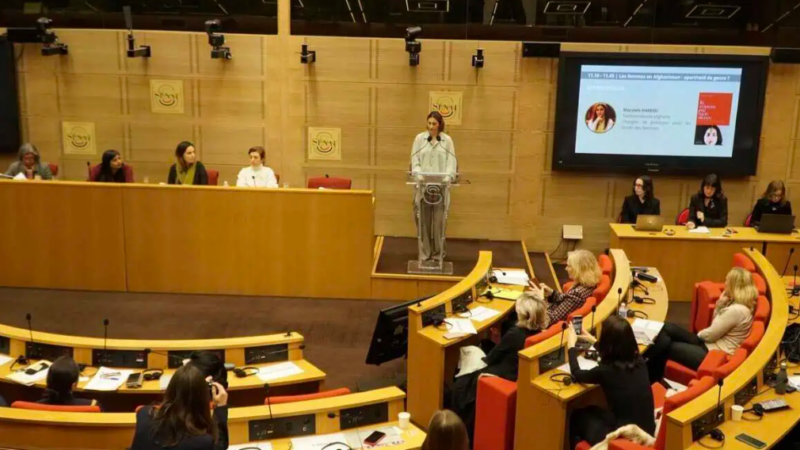India sends off Afghan cadets from India with 500 million tonnes of wheat

Taliban took over Afghanistan nearly a year ago and many of Afghan cadets were training in India at that time. Those cadets have reached Afghanistan with the assurance of being safe in the country.
With the return of Afghan soldiers India has pledged to send aid of 500 million tonnes of wheat, which will be transferred in batches.
The return of the cadets followed a request by the Afghan Ministry of Defence to the embassy of India in Kabul last month, to allow direct communication with the cadets being trained in the Indian Military Academy or the National Defence Academy.
The entire cycle leading to the return of the cadets was possible after India positioned its technical team at the Indian embassy in Kabul. India’s humanitarian aid for the Afghan people at the time of serious food shortages also helped to generate goodwill that allowed the dialogue to succeed.
The dialogue was facilitated by the government agencies, including the Ministry of External Affairs (MEA) between the Afghan defence ministry and the cadets. Following the interaction, the cadets finally returned to Kabul on July 28 after the Afghan defence minister , Mullah Yaqub personally assured them of their safety and employment.
New Delhi opened a diplomatic track with the Taliban after the visit to Kabul by JP Singh, who heads the Pakistan-Afghanistan-Iran desk at the Ministry of External Affairs. During the early June visit , Singh met Taliban foreign minister Amir Khan Muttaqi, the defence minister Mullah Yaqub, and the interior minister Sirajuddin Haqqani. Singh’s visit also resulted in the deployment of a “technical team” at the Indian embassy in Kabul.
Following the meeting, Muttaqi tweeted that the meeting had focused on India-Afghan diplomatic relations, bilateral trade and humanitarian aid.
The Afghan foreign minister had then called for the resumption of projects undertaken by India, reopening of India’s diplomatic presence in Afghanistan and the provision of consular services to Afghans, particularly to students and patients.






